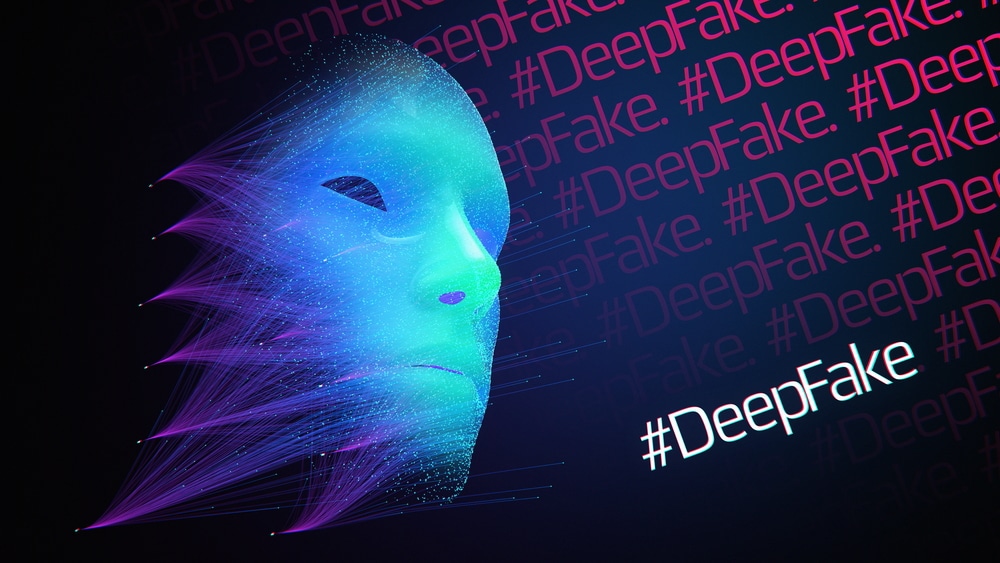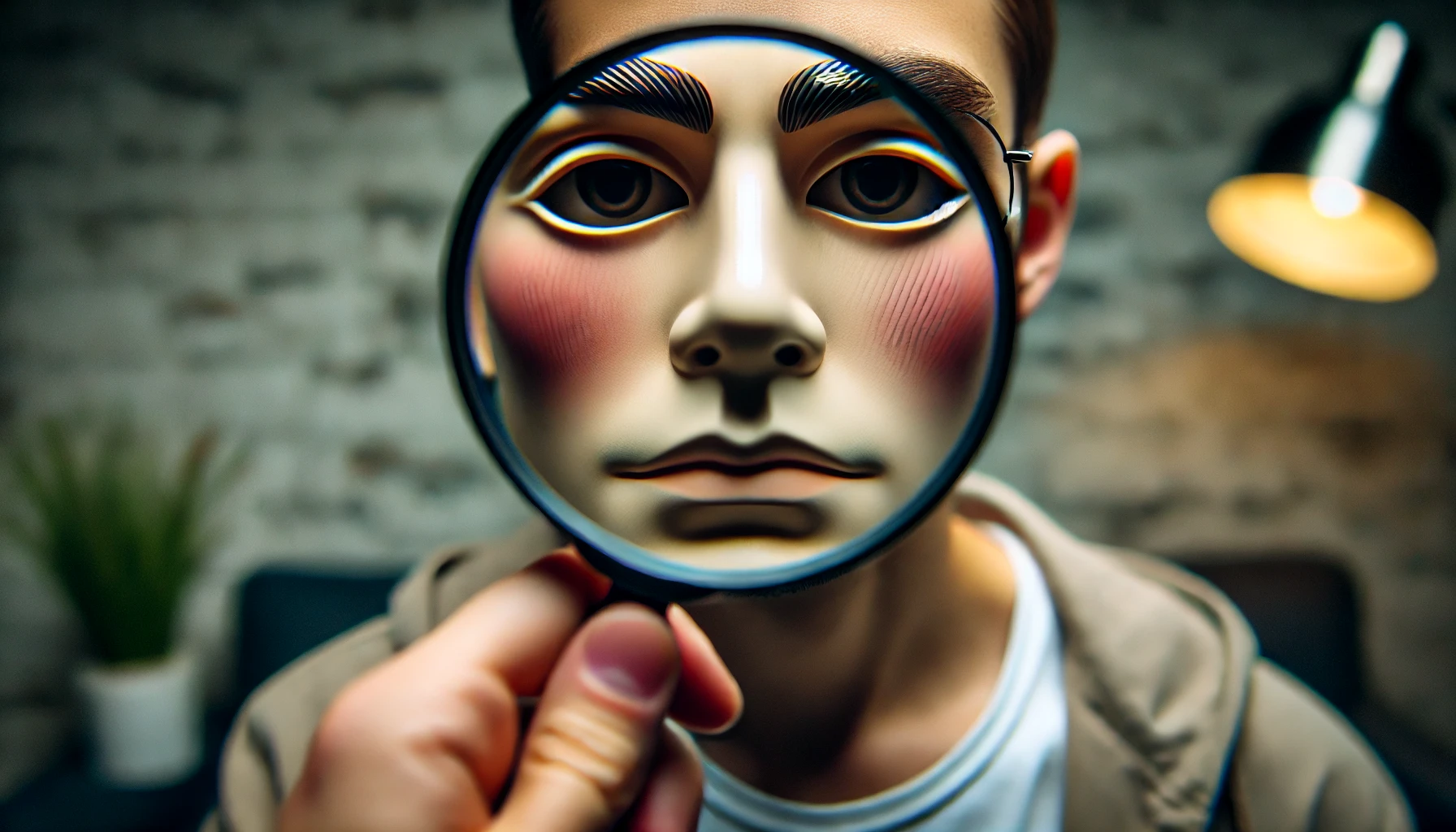
How AI can supercharge fraud in the enterprise [Q&A]
The FBI reports that complaints around deepfake AI videos have more than doubled, and financial losses have nearly tripled this year.
Agentic AI is set to accelerate this process, making it even easier to commit fraud with deepfakes. We spoke to Alix Melchy, VP of AI at Jumio, to discuss the threat and how to combat it.

41 percent of schools suffer AI-related cyber incidents
A new survey of more than 1,400 education leaders across primary, secondary and higher education in the UK and US finds that while AI is already integrated into classrooms and faculty work, development of policies and protections needed to manage new risks in schools is lagging.
The study from Keeper Security shows 41 percent of schools have experienced AI-related cyber incidents, including phishing campaigns and misinformation, while nearly 30 percent reported instances of harmful AI content, such as deepfakes created by students.

Parents struggle to keep pace as teens face rising risks from cyberbullying and deepfakes
McAfee has released new research on kids’ online safety, showing that cyberbullying and AI-manipulated content are the issues parents worry about the most. The study found that more than one in five children have already faced online threats, with risks rising during middle school years and peaking around the age of 13.
The survey reveals just how widespread these experiences have become. Cyberbullying and harassment were reported by 43 percent of parents whose children had been targeted, with girls affected at higher rates than boys.

How AI-enhanced cyberattacks are redefining the modern threat landscape [Q&A]
Despite still being in its infancy, it would be hard to overstate the impact that AI has already had on the cybersecurity landscape.
Not only has AI made it infinitely easier and faster to develop a wide range of traditional attacks -- such as phishing, business email compromise and malware -- it has also opened the door to novel strategies and threats. Worse yet, they allow threat actors to develop significantly more targeted and sophisticated attacks, regardless of their knowledge level or skill.

AI romance scams are exploding on dating apps ahead of Valentine’s Day -- here’s how to avoid getting tricked
Valentine’s Day should be a time for love, but sadly, these days it is also an opportunity for digital tricksters to pull scams. Recent insights from McAfee shows that AI bots, celebrity impostors, and misleading dating apps are on the rise, complicating the quest for true love online.
Dating apps are super popular nowadays, with over 60 percent of folks using them or social media to find love. If you’re in the 18-24 demographic, you’re likely swiping through Tinder, Snapchat, or TikTok in search of a connection. But be warned, scammers are using AI to spin convincing tales of romance.

Scarlett Johansson tops McAfee 2024 Celebrity Hacker Hotlist
McAfee has released its “2024 Celebrity Hacker Hotlist,” highlighting the celebrities whose names are most exploited by cybercriminals. Leading this year’s list is Scarlett Johansson, an actress best known for her role as Black Widow in the Marvel Cinematic Universe. Johansson’s popularity makes her a prime target for hackers, who use her name to trick unsuspecting users into clicking malicious links or downloading harmful files.
McAfee’s report warns that searches involving popular celebrities like Johansson often lead consumers to unsafe sites. These sites can install malware or collect personal data, compromising users’ privacy, data, and identity. The rise of AI has made it easier to create convincing deepfakes, adding another layer of complexity to these scams. These AI-generated images, audio, and videos can be used to deceive fans into engaging with fraudulent content, damaging not only the victim’s finances but also the celebrity’s reputation.

94 percent of security professionals are worried about deepfakes
New research from email security company IRONSCALES finds near-ubiquitous concern surrounding the security implications of deepfakes while only 42 percent of respondents feel very confident about their organization’s ability to defend against deepfake-enabled attacks.
Based on a survey of over 200 IT processionals the report finds 94 percent have some level of concern surrounding deepfakes, and 74 percent say they are 'very concerned.'

49 percent of global businesses targeted by deepfakes
A new report from Regula reveals that 49 percent of businesses globally have experienced deepfake scams involving either audio or video -- almost doubling the number of incidents since 2022.
The survey, of 575 business decision makers, shows a significant rise in the prevalence of video deepfakes, with a 20 percent increase in companies reporting incidents compared to 2022.

Phishing and deepfakes are leading AI-powered threats
A new survey of cybersecurity professionals finds that 75 percent of respondents think phishing attacks pose the greatest AI-powered threat to their organization, while 56 percent say deepfake enhanced fraud (voice or video) poses the greatest threat.
The study from Team 8, carried out at its annual CISO Summit, also finds that lack of expertise (58 percent) and balancing security with usability (56 percent) are the two main challenges organizations face when defending AI systems.

Cheapfakes and deepfakes -- How to spot them
In recent weeks, the term ‘cheapfake’ has shot to the forefront of our national consciousness. Cheapfakes -- and their equally disruptive counterpart, deepfakes -- are becoming much more prevalent today, with the volume of this misleading content estimated to be doubling online every six months. That’s why the world’s leading search engines, social media networks and content publishers are taking notice. In recent weeks, Google announced a far-reaching plan to reduce the discoverability of deepfakes in their search rankings.
Luckily, you don’t need the resources of Google to spot altered media. Here, we’ll examine the primary differences between cheapfakes and deepfakes as well as the AI-based tools that can be used to decisively detect them.
